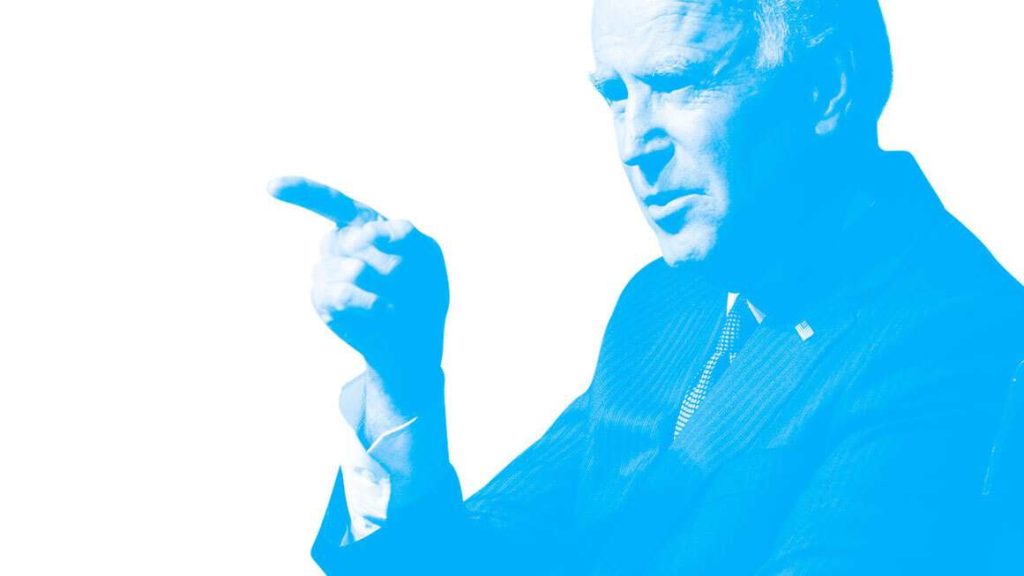
In the January 2025 issue of Reason, we’re giving performance reviews of Joe Biden’s presidency. Click here to read the other entries.
To win the Democratic primaries four years ago, Joe Biden had to take a left turn on criminal justice, offering voters a smorgasbord of reforms to a carceral system he had helped build over his decades as a tough-on-crime senator. As Biden’s presidency sputters to an end, the White House has made strides on some of those goals but failed to deliver on many others.
Biden’s voluminous 2020 criminal justice platform (now scrubbed from his website) advocated eliminating mandatory minimum sentences, cash bail, and the federal death penalty. It called for ending the “school-to-prison pipeline” and heavily investing in mental health counselors at schools and in juvenile justice programs that provide alternatives to incarceration. Biden also promised to use the Justice Department to investigate systemic misconduct by police departments, and he vowed to use his clemency powers to free “individuals facing unduly long sentences for certain non-violent and drug crimes.”
Biden’s platform was still moderated by his old drug-warrior tendencies. For instance, it called only for decriminalizing marijuana rather than legalizing it, and it insisted on diverting individuals to drug courts and involuntary treatment. Still, The Marshall Project, a criminal justice news outlet, called it “the most progressive criminal justice platform of any major party candidate in generations.”
Criminal justice advocates were dismayed, then, when Biden’s belated moves on marijuana failed to fundamentally alter the drug’s illegal status or the lingering injustices of drug convictions, such as barriers to employment, housing, and civil rights. Biden’s son Hunter fell awry of those very laws when he was convicted in June of lying on a federal gun-purchase form by claiming he was not addicted to or using illegal drugs. The Biden administration has in fact defended the federal ban on gun ownership by illegal drug users against legal challenges from medical marijuana advocates.
Some of the Biden campaign’s most ambitious proposals, such as repealing mandatory minimums, would have required new laws to be passed, which is not the White House’s job—and apparently not Congress’ anymore either.
But on other pledges, the Biden administration has unilaterally reversed course. Despite Biden’s pledge to end the federal death penalty, Justice Department attorneys have sought the death penalty in the cases of defendants accused of mass shootings in Pittsburgh and Buffalo.
The Biden administration has followed through on some of its promises, though. The Justice Department has once again, after a four-year lull during the Trump administration, revived investigations into systemic constitutional abuses by rotten police departments, exposing illegal tactics in Phoenix, Minneapolis, and Louisville. Biden also appointed a reform-minded director to the Bureau of Prisons, which has been racked by sexual assault scandals and widespread corruption.
Biden did not deliver on his loftiest promises, and what he did accomplish could be easily reversed by the next occupant of the Oval Office. Many of his goals at the beginning of the term were commendable, but he lacked initiative, was easily sidetracked, and failed to work up to his potential.
Criminal justice policy performance review: incomplete assignments and missing homework
The post What Happened to Biden’s Ambitious Criminal Justice Reform Plans? appeared first on Reason.com.







